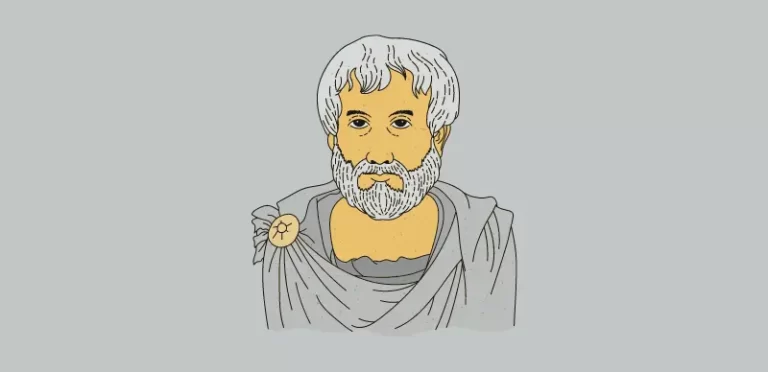In this article, we will know what is a nation, its meaning, and its importance of a nation. Before starting to read what is a nation, let us know what is the meaning of a nation. There are many terms used in political science. Which often expresses the meaning of the nation. Since they are synonymous terms, it is important to know their definitions and the differences between them.
The word nation is derived from the Latin word Natio, meaning the Birth of Race. A group of people belonging to a clan or a blood relative is called race in the general sense. But in political science, the meaning of race is different. Race became a form of politics in the eighteenth and nineteenth centuries Before this, race meant patriotism.
What Is A Nation?
A nation is a public, natural, and universal political union. As a supreme or sovereign institution, the nation controls all institutions, associations, individuals, groups, and their activities in society. With the creation of human society, the need for a nation has been felt.
The nation as the highest political institution in society maintains harmony between the relations and activities of individuals and associations. The function of the nation is important in facilitating an orderly social life for the individual.
Generally, the word ‘nation’ is used to mean country, race, society, government, political system, civilized society, etc. Political scientists have given the following written opinion to reveal the meaning of the nation.
Aristotle – “A collection of families and villages which aim at a better and self-fulfilling life and thereby lead a happy and dignified life is called a nation.”
Woodrow Wilson – “A nation is a body of people bound together by law within a definite territory or boundary.”
John William Burgess – “A well-organized mass society is called a nation.”
It is clear from the above discussion that a political organization or union which has elements like population, territory government, and sovereignty is called a nation.



